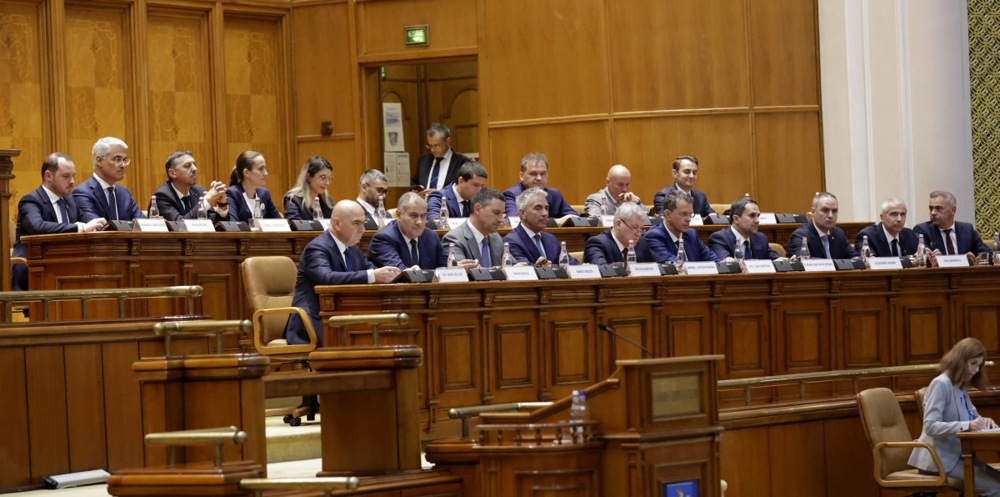Dialogue between the European Central Bank (ECB) senior managers and its staff committee has become tense, with the latter accusing the ECB leadership of being “anti-democratic” and “unaccountable”.
The ECB’s staff committee accused senior management of fostering a “climate of fear”.
In a four-page letter to the bank’s President Christine Lagarde, seen by The Financial Times (FT), the staff committee claimed there was discontent within the institution, not only about pay and workloads but also about how concerns were handled internally.
It cited widespread perceptions of a top-down culture increasingly intolerant of dissent, painting a picture of disaffection at various levels, particularly among junior and mid-tier staff. It said there was a sense that those who spoke up faced retaliation, raising questions about governance and workplace culture at one of the most powerful institutions in the European Union.
“Its staff committee said the bank’s own governance failed to respect the very rule-of-law principles that she recently praised as one of Europe’s ‘critical comparative advantages’,” the FT wrote on July 29.
“We regret to see that these principles expressed outside the institution seem to be given little value inside the institution by its power structure,” the chair of the staff committee, Carlos Bowles, wrote in the letter to Lagarde.
Bowles labelled the ECB an “unaccountable legal fortress.” He contended that its handling of staff resulted in “widespread complaints of favouritism, high burnout rates and the vulnerability of many colleagues working under temporary contracts.”
In a survey of its employees conducted by the union Ipsos earlier this year, 77 per cent of the approximately 1,400 respondents said that “knowing the right people” was key to getting ahead in the organisation, compared to just 19 per cent who believed that it did a good job of promoting “the most competent people”, the FT reported.
In a reaction to Brussels Signal, a spokesperson for the ECB said: “The ECB plans to increase the number and term of elected staff representatives, providing for a broader range of diverse perspectives.
“The measures will enable staff representatives to pursue their professional career and stay closely connected to the ongoing work and public mandate of the ECB while they advocate for staff needs. The consultation process about the changes is on-going with staff representatives.
“We are firmly committed to the rule of law and operate within a clear employment framework that is closely aligned with EU Staff Regulations and is subject to European Court of Justice scrutiny,” the spokesperson added.
“The ECB has won the overwhelming majority of court cases before the European Court of Justice on the ECB employment law framework.”
Proposed changes at the ECB appeared less drastic than depicted by the staff committee, centring largely on procedural adjustments to internal representation rather than any fundamental restructuring.
Among the revisions under consideration are an increase in the number of staff committee members from nine to 10 and an extension of their terms from two to three years, apparently intended to enhance continuity.
Time dispensation for committee duties is also being formalised, with members to be allocated 50 per cent of their working time for representation activities and the spokesperson up to 75 per cent.
The overall volume of time dedicated to staff representation remains unchanged, suggesting that the reform was more about redistribution than expansion.





